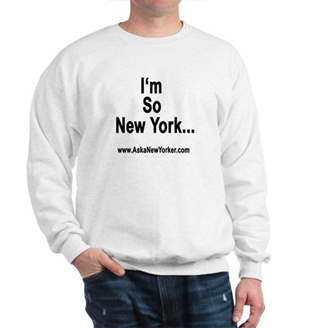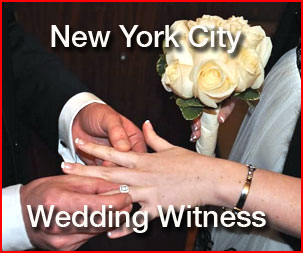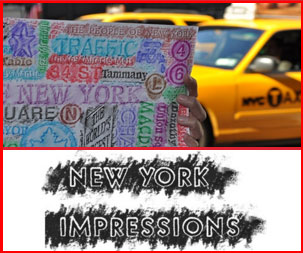The skyline of Long Island City is a glowering army of glass and steel. As the 7 train crawls its way into the Queensboro Plaza station, commuters see buildings under various stages of construction. Many of these are high-priced residential towers boasting views of the Manhattan skyline and closeness to one of the subway lines that run though that part of the city.
The housing boom has moved high tech professionals to Long Island City – it’s a short commute to Manhattan and is still plenty cosmopolitan and relatively young and new. A largely industrial area until things began changing two decades ago, there is still a lot of charm that sanctifies Long Island City with the Whitmanesque aesthetic lacking in Manhattan and much of the more popular areas of Brooklyn.
So it was with a twinge of disappointment that New Yorkers learned that Long Island City was going to be home to one half of Amazon’s “HQ2,” or second headquarters. The city government bent over backwards to bring Amazon to our teeming shores and actual New Yorkers are right to be pissed off.
Full disclosure: I am an Amazon Prime member and I have several books available for purchase on Amazon. The Seattle-based retailer is the goliath it is because it championed online commerce before anyone could make money from it, and they made online shopping easy. I know I can go to Amazon and knock out a good portion of my Christmas shopping in a matter of minutes. So while I may heap some well-deserved hate on the company for its tactics and practices, I can’t deny the company has earned its dominant place among online retailers.
But Amazon engaged in a very slick and underhanded game. Putting out the notice that it was looking to build a large second headquarters in an American city, municipalities fell all over themselves to woo the company. Cities and states handed over reams of data they hadn’t provided to any other corporate caller on infrastructure, industry, demographics and economic forecasts. Amazon has yet another leg up on any and all remaining competitors. More than that, Amazon fielded offers of tax breaks and other lucrative pledges that would embarrass Tammany Hall. And in the end, none of these overtures may have made a difference. The factors that attracted Amazon were there long before the overtures of tax breaks.
Long Island City in Queens, New York and Crystal City, Virginia were the big “winners.” What exactly did they win? In New York’s case its nearly $2 billion in lost tax revenues thanks to guarantees made to the company, in addition for helping to build a helipad.
New Yorkers didn’t exactly break out the champagne to learn Amazon was coming to Queens. 50,000 well-paid tech workers means that already high rents and real estate prices will go up even farther. It means our already overloaded and dysfunctional subways and commuter railroads will be getting that much more crowded. It means more crowded classrooms in public schools, a bigger scramble for resources, and an infusion of shallow West Coast tech culture in our beloved Gotham. The specter of the big tax giveaway had people agreeing that this era of corporate toadying on the part of our political leaders had reached its nadir, especially in a city and state run by Democrats. Even the conservative National Review, no bastion of corporate-bashing Commies, agreed with Democratic Socialist Alexandria Ocasio-Cortez that Amazon’s corporate welfare is wrong.
New York City doesn’t need to play this game. The city makes itself attractive by investing in its infrastructure and working to keep the standards of living high. That means we lock up criminals, keep homeless people off the streets and subways, and make sure those subways are no longer dysfunctional. That’s a lot we have on our plate, and we can’t afford to give away billions in tax breaks.
Let Amazon build its “HQ2” somewhere else if they don’t like paying their taxes. But don’t blame Amazon; New York and Virginia offered them sweet deals and it took them. Amazon didn’t make anyone beg them to come to their city. Our political leaders did that to us, figuring the win of wooing Amazon’s office was worth whatever Faustian bargain they had to make to get it done.
It wasn’t Jeff Bezos who sold New Yorkers down the East River. It was Bill de Blasio and Andrew Cuomo.











